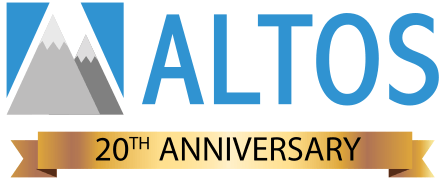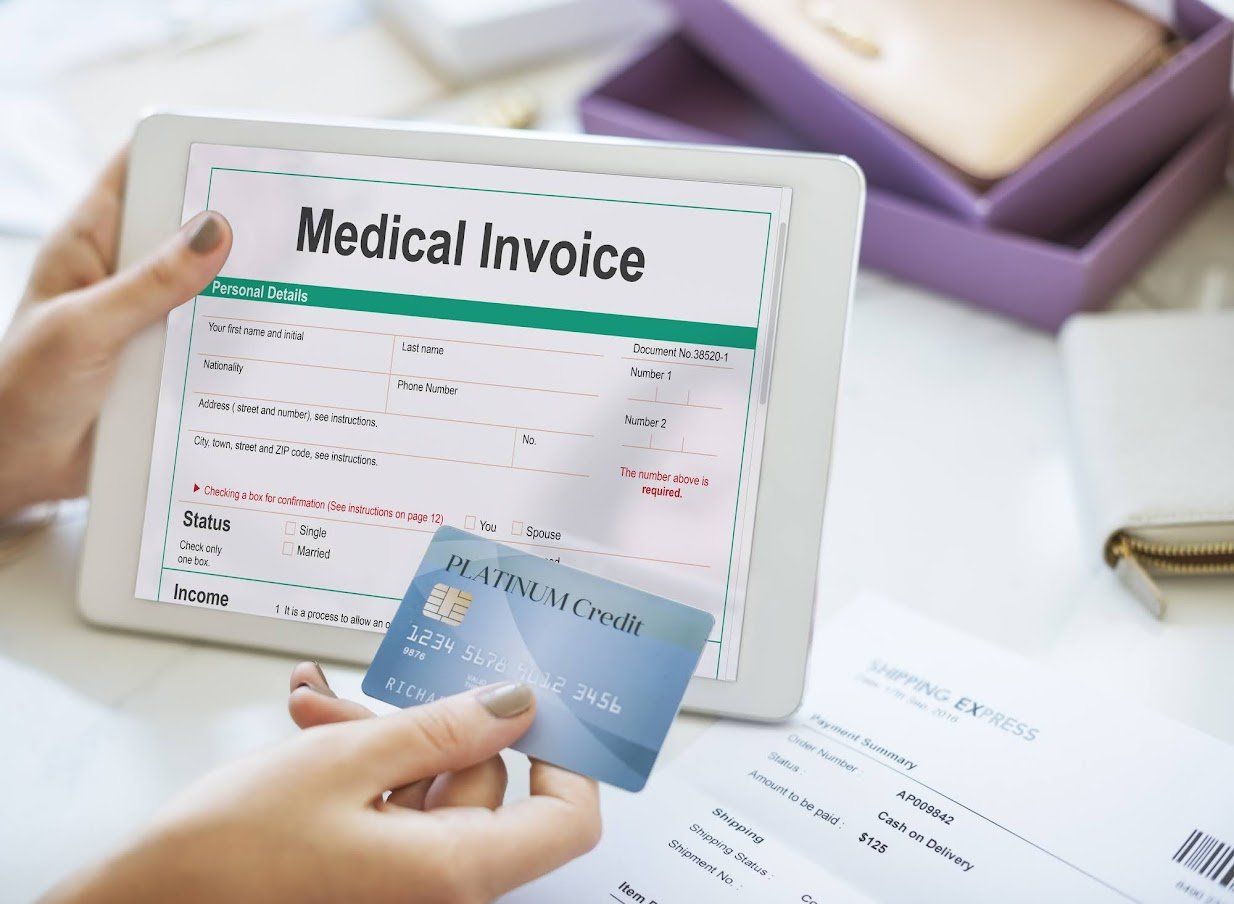How To Reduce Revenue Leakage in Your Medical Billing
The healthcare revenue cycle consists of various processes that collect and manage payments from patients. However, revenue leakage can occur when a patient receives healthcare services but fails to make payments. This situation involves delayed payments and can occur due to various reasons. Here are strategies to stop or minimize revenue leakage in your medical billing.
Beware of Negligence in Recredentialing
Medicaid practitioners are legally required to renew their licenses every few years. The purpose of this law is to ensure that healthcare providers have up-to-date knowledge and are compliant with existing regulations. If your practice doesn't have the right credentials, insurance providers and Medicaid can deny your billing requests. The assumption will be that you don't have the right licenses and certifications to provide certain healthcare services.
The best option is to have a professional team keep tabs on your credentials and their impact on your billing. Regularly renewing your credentials can reduce the occurrence of claims denials.
Optimize AR Follow-Ups
Healthcare providers waste a lot of money to remind their patients and payers about pending bills. The wastage is even higher if you must track claims manually and remind people to pay up. The solution is to optimize your Accounts Receivable (AR) follow-up process.
Here are some ways to optimize AR follow-up and prevent revenue leakage:
- Get accurate insurance and personal data from patients.
- Do verification of benefits to verify the continuation of coverage for the services you are providing.
- Incorporate outstanding bills into the appointment reminder calls.
- Make phone calls after sending two notices via mail.
- Replace aging accounts receivables since they create the impression that patients can postpone their payments.
You can also regularly compare your accounts receivable from year to year to note any discrepancies.
Collect Co-pay and deductibles from the patients at the time of the visit
The best time to collect payment from the patient is when they are at your facility. Verification of benefits will tell you the portion of fees that the patient has to pay. Train your front office to collect payments from the patient for past and current visits.
Prevent Collections Errors
Coding software and medical billing programs can help healthcare providers eliminate errors during payment collection. Errors may happen due to data entry inaccuracies. Billing software can quickly identify the problem and solve it immediately, preventing errors during the collections process and helping minimize claims rejections.
Use Abandoned Reporting to Avoid Underpayments
Your healthcare billing system should implement a management system that tracks payments and reimbursements. Any deficit arising from internal mistakes or claims rejections should be reported immediately. This reporting enables your billing office to follow up on rejections from the insurer and reduce claim losses.
Work on Fee Scheduling Problems
Regularly update your schedule to prevent fee schedule issues. This will help your healthcare business identify procedures that bring in less revenue than expected.
Solve Personnel Issues
Poorly trained billing personnel and reception agents can cause inefficiencies in your medical billing process. Front desk agents must have the skills and the knowledge to accurately record patient information while showing empathy and concern. The billing department should also accurately and quickly attend to all billing matters using the latest software.
Unleash the Power of Big Data
Establish a system of collecting data from all your healthcare operations. Big data can show trends and patterns that can help you maximize revenue. You can also use big data to identify the reasons that lead to revenue loss. You may also use the data to know the practices that improve reimbursement collection.
Big data analytics also has the following benefits:
- Understand the causes of frequent claim denials, such as submitting the wrong codes.
- Identify when and how incorrect personal and insurance information about patients entered the system.
- Detect underpayments and payer reimbursement modifications.
Proper use of data analytics can reduce your expenses while increasing the income of your healthcare practice.
Revenue leakage can lead to massive losses and may even make your healthcare practice unprofitable. One cheap way to prevent the leakage is to get billing services from Altos, Inc. We provide medical billing and collection services and medical transcription to physicians. Contact us to benefit from our unparalleled expertise and experience in the healthcare industry.













